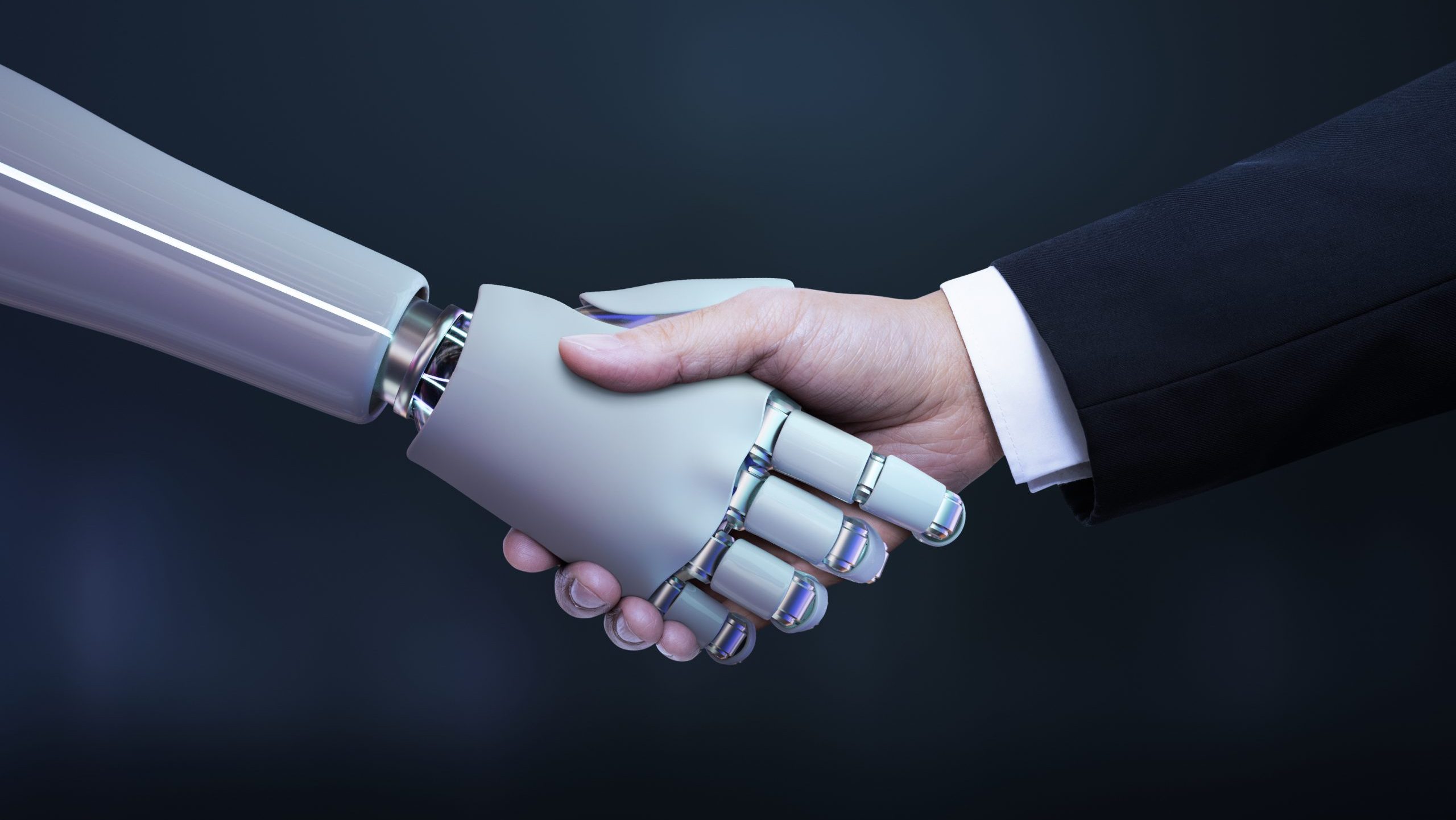SINGAPORE: As it turns out, temporary Artificial Intelligence (AI) developers are making good money in Singapore. A recently released salary survey from Morgan McKinley shows that they earn more than their peers who have landed permanent positions, as pointed out on Wednesday (Nov 8).
Here’s another thing: the more experience you have as an AI engineer, the bigger your salary gets. Senior staff engineers with five to 10 years of experience can earn between S$100,00 to S$160,000 in temporary positions. Those hired for permanent positions earn between S$40,000 and S$90,000 yearly.
Read also: New report says higher salaries in SG are on the horizon
For individuals with 10 to 15 years of experience, contractual workers earn between S$144,00 and S$220,000, while permanent workers take home between S$90,000 and S$170,000 annually. Temporary AI developers with over 15 years of experience may earn a whopping S$200,00 to S$280,000 per year, while those who take permanent positions may earn between S$140,000 and S$220,000 a year.
“This phenomenon isn’t exclusive to AI; UI and UX is another egregious example, but AI salaries show the widest disparity,” says efinancialcareers.com
Of course, demand may trump supply in this case. As a concept, AI has been around for at least a century and took great strides in the 1950s. But the AI boom in the 1980s was followed by an “AI winter” from 1987 to 1993, a time of low private and public interest and, perhaps more importantly, funding.
But winter was followed by spring, as these things go, especially after world chess champion Gary Kasparov was defeated by IBM-developed Deep Blue in 1997. By the mid-2000s, Twitter, Facebook, and Netflix began using AI as part of user experience (UX) and advertising algorithms, and 2011 saw the birth of Siri.
Last week, a new study showed that contrary to conventional thinking that low and middle-skilled jobs are first in line to be affected by artificial intelligence (AI), high-skilled professional jobs in prime digital hubs may be impacted the most by the rising technology.
The results from a four-year-long study from 2019 to 2022 of AI adoption patterns in numerous hubs, including Silicon Valley, Singapore, and London, were discussed at the Digital Futures of Work Global Conference 2023. They showed that AI-driven corporate innovation targets high-skilled professional work, with domain skills like consulting and marketing and tasks such as decision-making being put through “cognitive capture.”
Read also: AI may impact high-skilled professional jobs the most in SG /TISG

